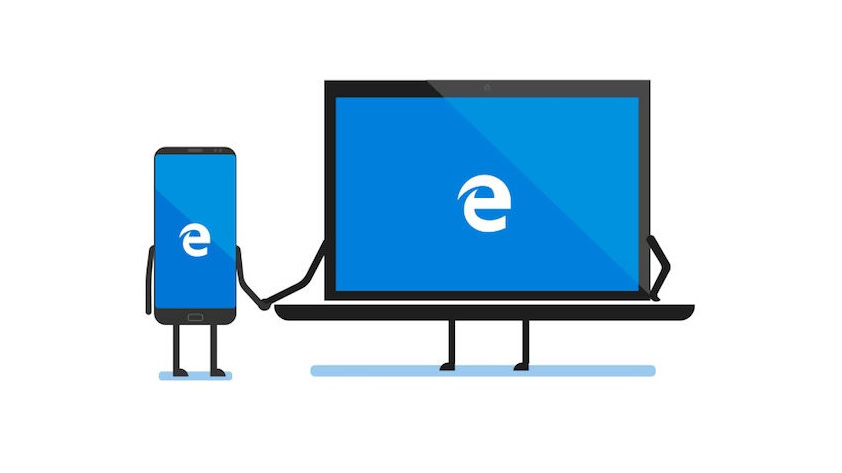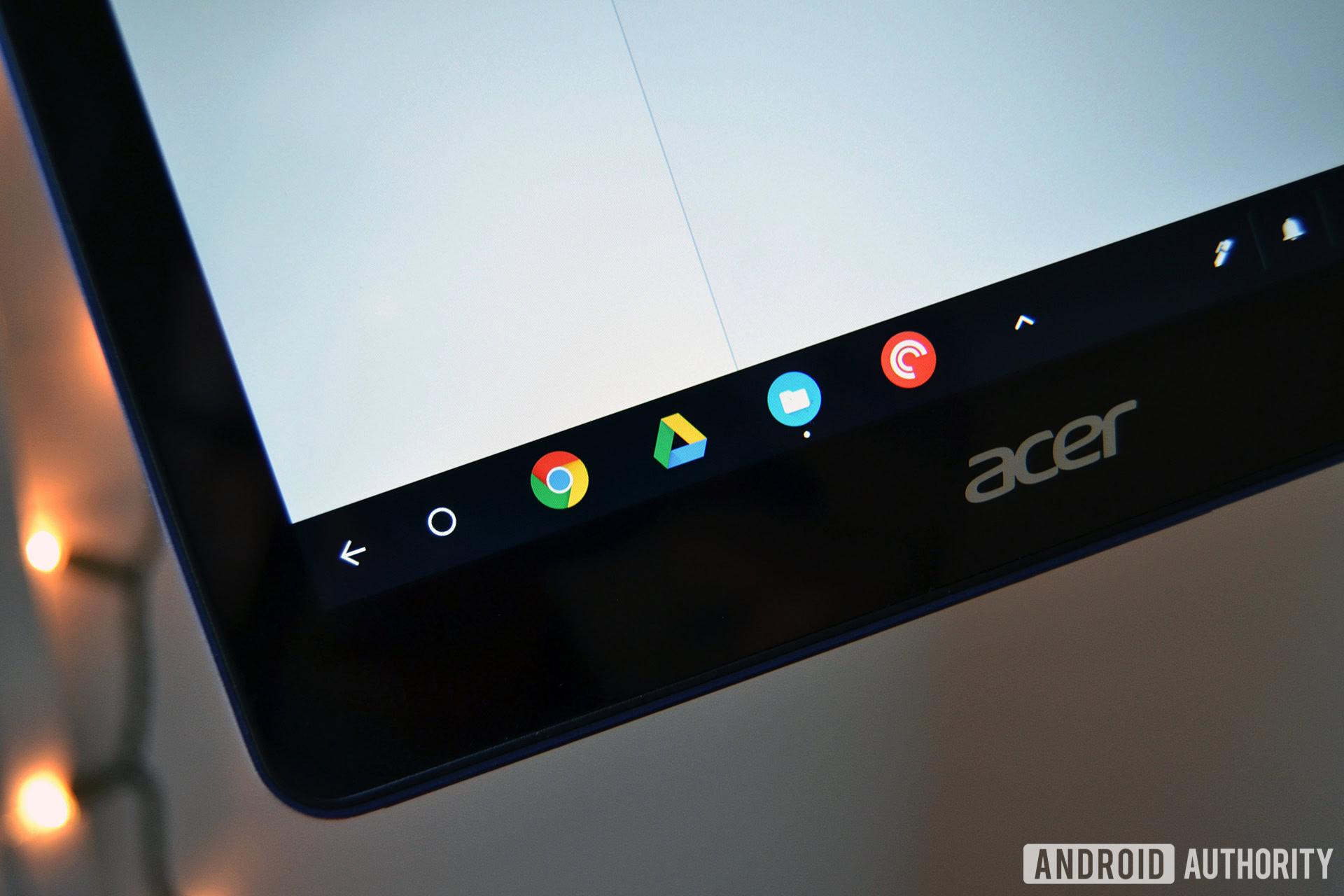Affiliate links on Android Authority may earn us a commission. Learn more.
Microsoft intern claims Google tried to sabotage Edge browser, Google issues denial

- A former Microsoft intern claims that Google introduced minor code into YouTube in an effort to sabotage the Microsoft Edge browser.
- Google just issued a statement denying the validity of the claim.
- This isn’t the first time someone has alleged that Google purposely gives other browsers disadvantages.
Earlier this week, Joshua Bakita, a former software engineering intern at Microsoft, posted a comment to Hacker News which lays out a stunning allegation: that Google allegedly tweaked YouTube code in order to hinder other browsers’ use of YouTube content, specifically Microsoft Edge.
According to Bakita, Google introduced “a hidden empty div” over YouTube videos, which caused no effect in Chrome browsers but caused the Edge browser’s hardware acceleration fast-path to malfunction. The result of this hidden code made YouTube videos display faster and more efficiently in Google Chrome than in Microsoft Edge.

Bakita points to this alleged coding trick as an example of Google’s playing dirty to keep Chrome on top and other browsers struggling. He also says it is one example of why Microsoft is overhauling the Edge browser and re-building it with Chromium as its base, which will make it work more like Google Chrome.
Today, via The Verge, a YouTube spokesperson issued a formal statement on the matter, categorically denying Bakita’s allegations. The statement is here:
“YouTube does not add code designed to defeat optimizations in other browsers, and works quickly to fix bugs when they’re discovered. We regularly engage with other browser vendors through standards bodies, the Web Platform Tests project, the open-source Chromium project and more to improve browser interoperability.”
According to the YouTube spokesperson, the “hidden empty div” code Bakita suggests was sabotage was actually simply a bug, which has now been fixed.
Unfortunately, this isn’t the first time someone has claimed that Google stacks the deck in favor of Chrome. Earlier this year, a Mozilla program manager claimed YouTube code created a page load bottleneck for Mozilla Firefox and Microsoft Edge, resulting in five-fold speed deprecation in non-Chrome browsers. The Mozilla employee pointed to a Firefox extension which circumvented the problem.
What do you think? Is Google playing dirty in the browser wars, or are these isolated incidents of bugs blown out of proportion? Let us know your opinions in the comments.
NEXT: Chrome for Android’s ‘Sneak Peek’ loads a link without leaving current tab